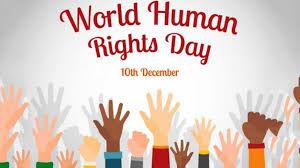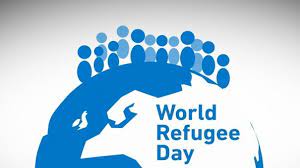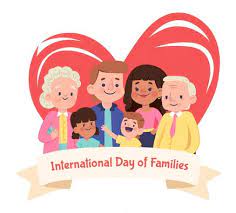The absence of the national celebration of Yalda on the World Heritage List
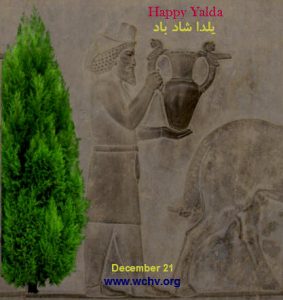 Once again we are on the eve of beautiful Yalda, another Iranian national holiday celebration. Thousands of years ago on such a night, the longest night of the year, the people of Persia celebrated and gathered around a cedar tree, which was adorned with colorful fabrics and shiny stones.
Once again we are on the eve of beautiful Yalda, another Iranian national holiday celebration. Thousands of years ago on such a night, the longest night of the year, the people of Persia celebrated and gathered around a cedar tree, which was adorned with colorful fabrics and shiny stones.
In those days, the values and secrets of nature were not yet known, and Persians like other peoples of the world saw nature as powerful elements or gods with a tremendous impact on their lives and existence. Some people in the world were terrified of these natural powers, however Persians loved all the elements of nature and worshiped the sun as the greatest and most “loving” God, because light and heat energy were considered to be the savior of their lives.
Our ancestors thought that the sun was born at the end of the longest night of the year, to announce the victory of light and heat over darkness and cold. With discovering the secrets of nature, the status of a god was taken from the elements of nature. But the Persians kept their celebrations as an earthly gift—a real, tangible, happy and universal gift. And so it is that most Iranian celebrations have remained thriving, happy and modern to this day.
For the past few decades, while the Islamic government has prevented national celebrations from being held in public places, it has tried its best to replace them with religious events. However, the people of Iran, all over the world and within Iran, despite all the challenges they are facing, celebrate these beloved Persian festivities to an even great extent.
At the Pasargad Heritage Foundation, we believe that even though it is still not recognized on the list of intangible world heritage, Yalda, as one of the most beautiful world celebrations, should be celebrated greatly and fully. That is why we in 2007 submitted a petition to UNESCO for its consideration.
Unfortunately, based on UNESCO’s rules, governments are legally responsible for submitting national celebrations for UNESCO’s consideration, and due to the religious bigotry of the Islamic government and its opposition to our Iranian culture, it has only submitted other religious events and concepts. These have included “Ta’zieh,” “Ashura,” “carpet weavers,””Arba’een” and “aqeeqah,” which the Iranian government has considered as ceremonies worthy of globalization. The Islamic government not only refuses to send Yalda, Mehregan, Sadeh and other Iranian humanistic celebrations and rituals for UNESCO’s consideration, but also suppresses them under various titles and measures.
We believe that the victory of the armies of love and enlightenment over armies of sorrow and cruelty is still unquestionable, as we know that Yalda and our other Iranian celebrations will be victorious through efforts of people who love our culture and the symbol of humanity and love they represent.
Let us celebrate the birth of the beautiful sun of our land next to the evergreen Yalda tree this year as well, while the sun that rises every day in our world exemplifies its victory over eternal darkness.
May your life be bright and your Yalda a happy one.
Shokooh Mirzadegi
Pasargad Heritage Foundation
Yalda 2021
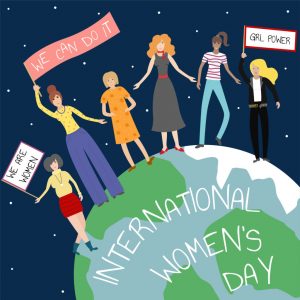 History of Women’s Day
History of Women’s Day



